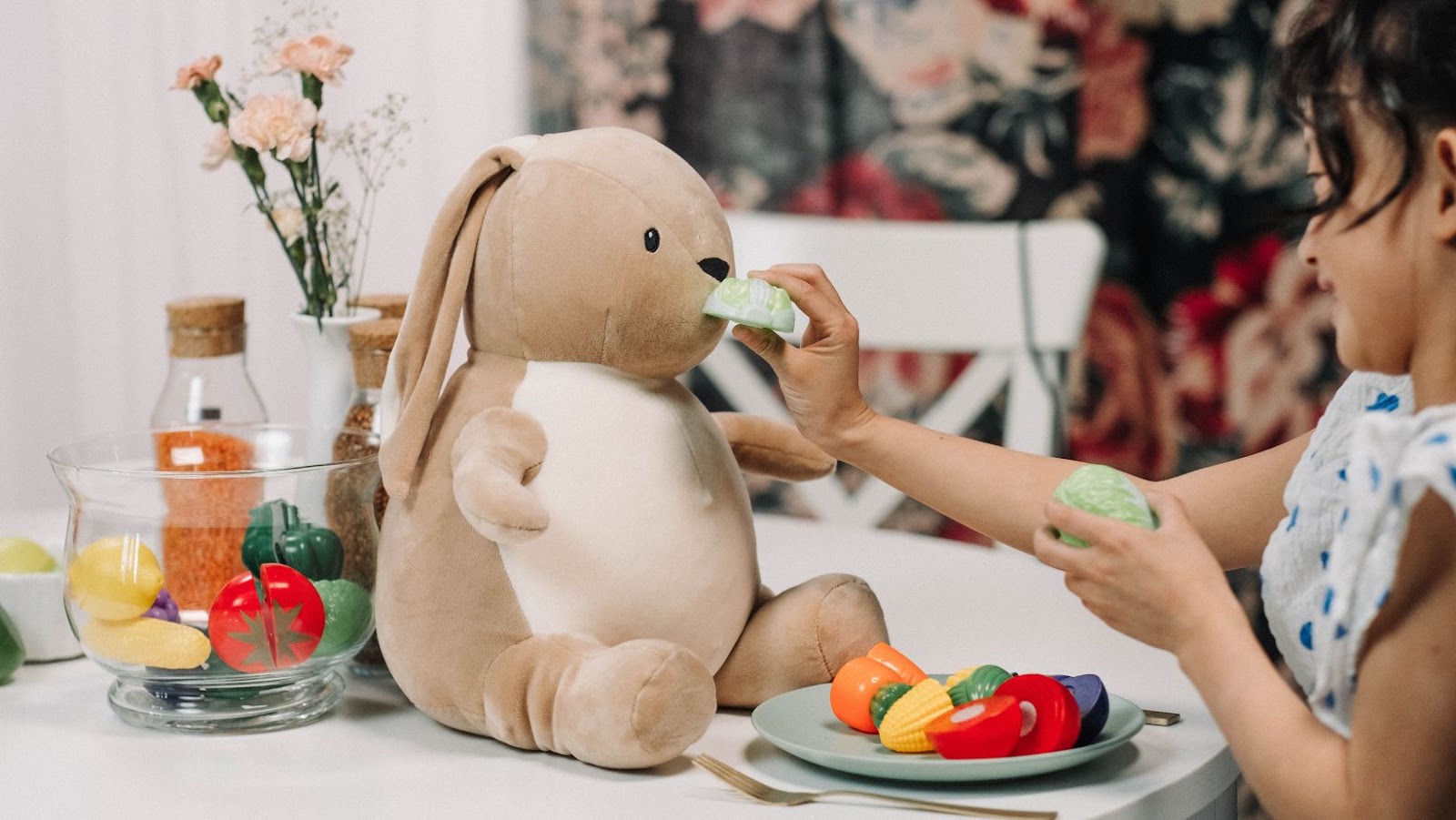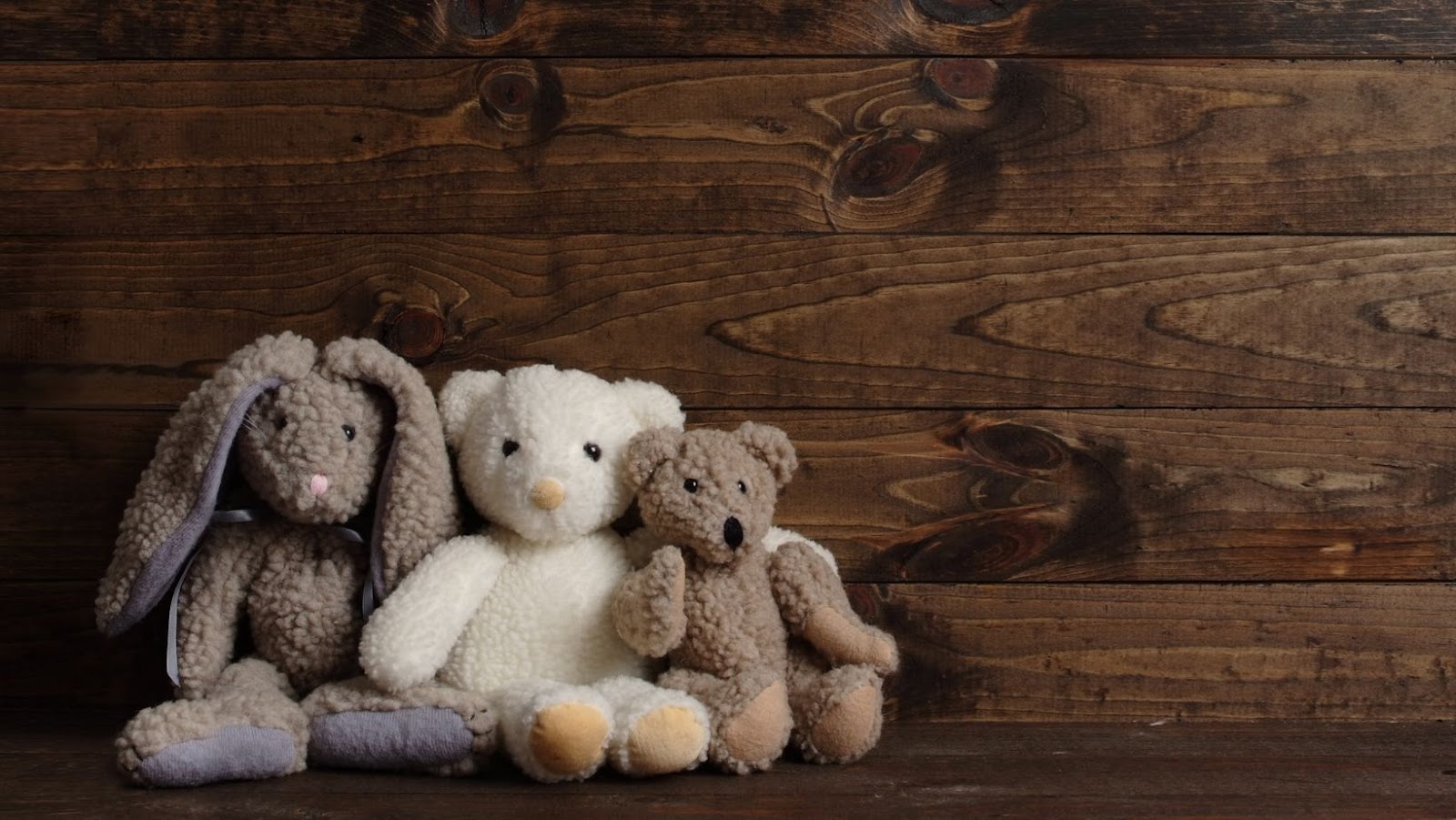How Stuffed Animals Can Help Children With Sensory Processing Disorders

Autism is a developmental disorder that mainly affects individuals’ ability to communicate and interact socially. However, one symptom that autism spectrum disorders share is sensory processing issues. For some children with autism, plush toys can provide much-needed support and comfort.
While every child with autism is unique, stuffed animals can help soothe children with difficulty processing sensory information. In this blog post, we’ll explore how plush toys can help children with autism manage their symptoms and live happier lives.
How Stuffed Animals Help Children With Sensory Processing Disorders
Stuffed animals for autism are special plush toys designed to help children with sensory processing disorders, such as autism. These special toys have features that appeal to a child’s five senses – sight, touch, sound, smell, and taste – in order to stimulate development in areas such as body awareness and motor planning.
For instance, stuffed animals usually have tactile textures or patterns that provide deep pressure on the skin, which can be comforting. They also make noise when squeezed or shaken, providing auditory feedback. On top of this, their brightly colored designs draw attention, while their size provides an emotional connection and physical comfort.
Most importantly, these cuddly companions allow children to learn in a fun and safe environment, helping them cope with stressors that cause negative behaviors in their quest for independence.
The Benefits of Using Stuffed Animals for Children With Autism
Stuffed animals have proven to be an effective tool for children with autism who struggle with sensory processing disorders. Mewaii stuffed animals are especially beneficial, providing comfort and a sense of security for these children.
Their soft texture and soothing effects help to encourage improved self-esteem and provide opportunities for creative play. Additionally, the stuffed animals offer to calm benefits by helping the child focus when they feel overwhelmed or anxious.

These plush toys can be used as part of a larger strategy developed with a mental health specialist or therapist in order to meet each individual’s needs. They can make all the difference in helping children with autism find ways to express themselves and cope with the challenges they experience.
How to Choose the Right Stuffed Animal for Your Child With Autism
Finding the right stuffed animal for your child with autism can make a big difference in helping them process sensory input. When choosing, look for options that are soft and substantial and feature unique textures like fur or fleece.
Colors may also be important, so select a toy in shades that your child is drawn to. Consider animals that represent real-life creatures since many children with autism enjoy creating imaginary worlds based on this kind of interactive play.
Ultimately, it’s important to remember that no two children are the same, and you know best what might bring your child the most comfort and enjoyment. With the right stuffie by their side, you can give them another tool to better engage with the world around them.
The Different Types of Stuffed Animals Available for Children With Autism
When it comes to choosing the right stuffed animal for a child with autism, variety is key! Stuffed animals come in all shapes and sizes, from plush teddy bears to unicorns and dinosaurs.

With a wide selection of furry friends available, families can find the perfect toy to help their child with sensory processing issues. Not only can stuffing vary from soft to firm, but there is also an array of fabrics and textures on the market ranging from minky fleece to smooth velour! The best part? Children love them all, so finding that special fuzzy friend just got a lot easier.
Conclusion
All of us have a different experiences with autism, and there is no one-size-fits-all way to support a child in this journey. However, stuffed animals for autism can be an especially powerful tool for reassuring and comforting children with sensory processing disorders.
Whether you opt for personalized gear for your child or a more traditional approach with a variety of different plush toys, there’s no denying that these comforting companions can bring about real positive change for children on the spectrum. Ultimately, it’s up to parents and caregivers to experiment and find out what works best for their little one; it might take some trial and error, but you’ll eventually find the perfect stuffed companion!




